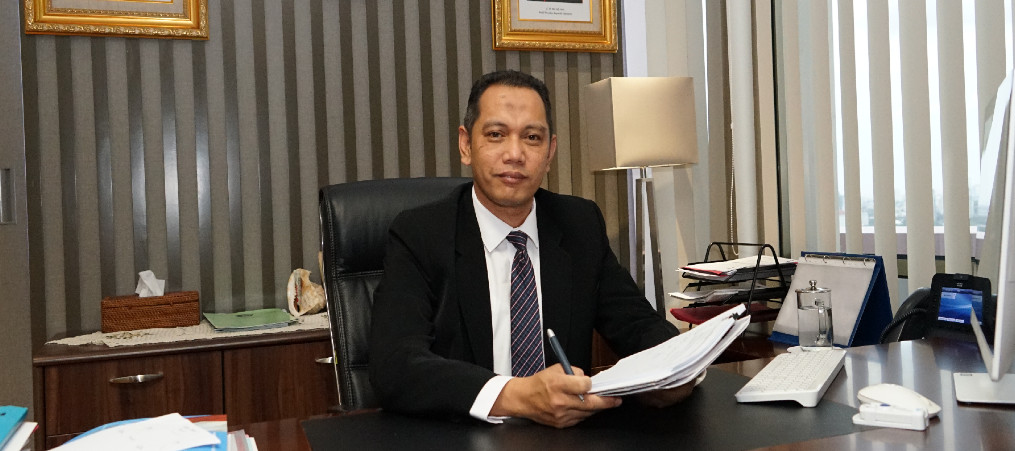The Corruption Eradication Commission (KPK) is hoping for a fair implementation of the 2020 local elections by the government, which steers clear of money politics and is cautious of Covid-19 transmission.
KPK’s Deputy Commissioner Nurul Ghufron said a fair election would be half the battle in the organization’s fight against corruption. “The local elections will be a structural clean-up against corruption,” he added firmly. This process would encourage people of integrity to be elected heads of local governments. A local government run by a person with integrity would be free of corruption.
Ghufron made the statement in an online press conference (11/9) when delivering points of recommendations to the government regarding the upcoming elections. Coordinating Minister for Political, Legal, and Security Affairs Mahfud MD received those recommendations on behalf of the government.
The recommendations are the outcome of an international seminar held in the middle of this year, titled “An Election in the Time of Pandemic: Protecting the Quality of Democracy and Potential Corruption”.
Ghufron’s recommendations consist of four points: first, taking measures to prevent corruption and fraud; second, maintaining bureaucratic neutrality and monitoring public service functions; third, protecting public health during the elections; and fourth, freeing election-related procurement of goods and services from corrupt practices.
On his first point, Ghufron elaborated that the General Election Commission (KPU) and the Election Supervisory Agency (Bawaslu) should work with the Financial Transaction Reports and Analysis Center (PPATK) and KPK to monitor any suspicious financial transactions throughout the elections. “In fact, a previous KPK study found that 82% of the local elections were financed by sponsors, so we must carefully track the inflows of these sponsor funds,” he explained.
He also expected those involved in organizing the local elections to map risks of corrupt practices or irregularities during the elections based on regional characteristics. “There should be strict monitoring of corrupt behaviors, especially in terms of misappropriation of budgets and social assistance distribution by local governments.” KPK, he went on, found some incumbents using social assistance distribution to communities as a chance to do covert campaigns.
To protect public health during the local elections amid the pandemic, KPK offered two recommendations of voting by absentee ballot and prioritizing health protection for organizers, participants, and voters to encourage public participation.
According to Ghufron, although e-voting is a viable option (under Article 85, paragraph (1) of the Local Election Law), no detail has been provided for it in the law. With this mechanism, voters will be allowed to cast their vote through postal or online voting. However, the government is clearly not ready to take this route this year.


